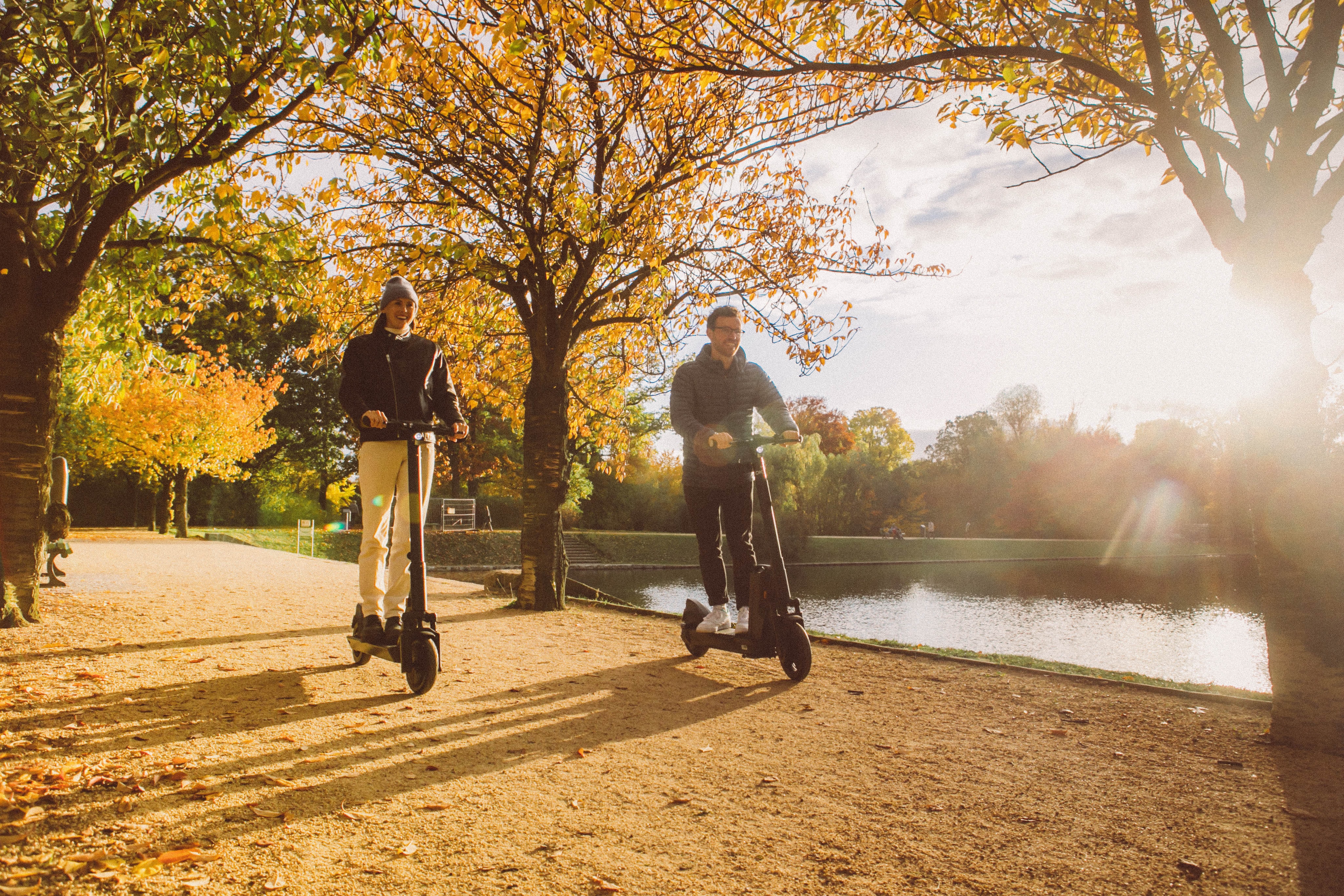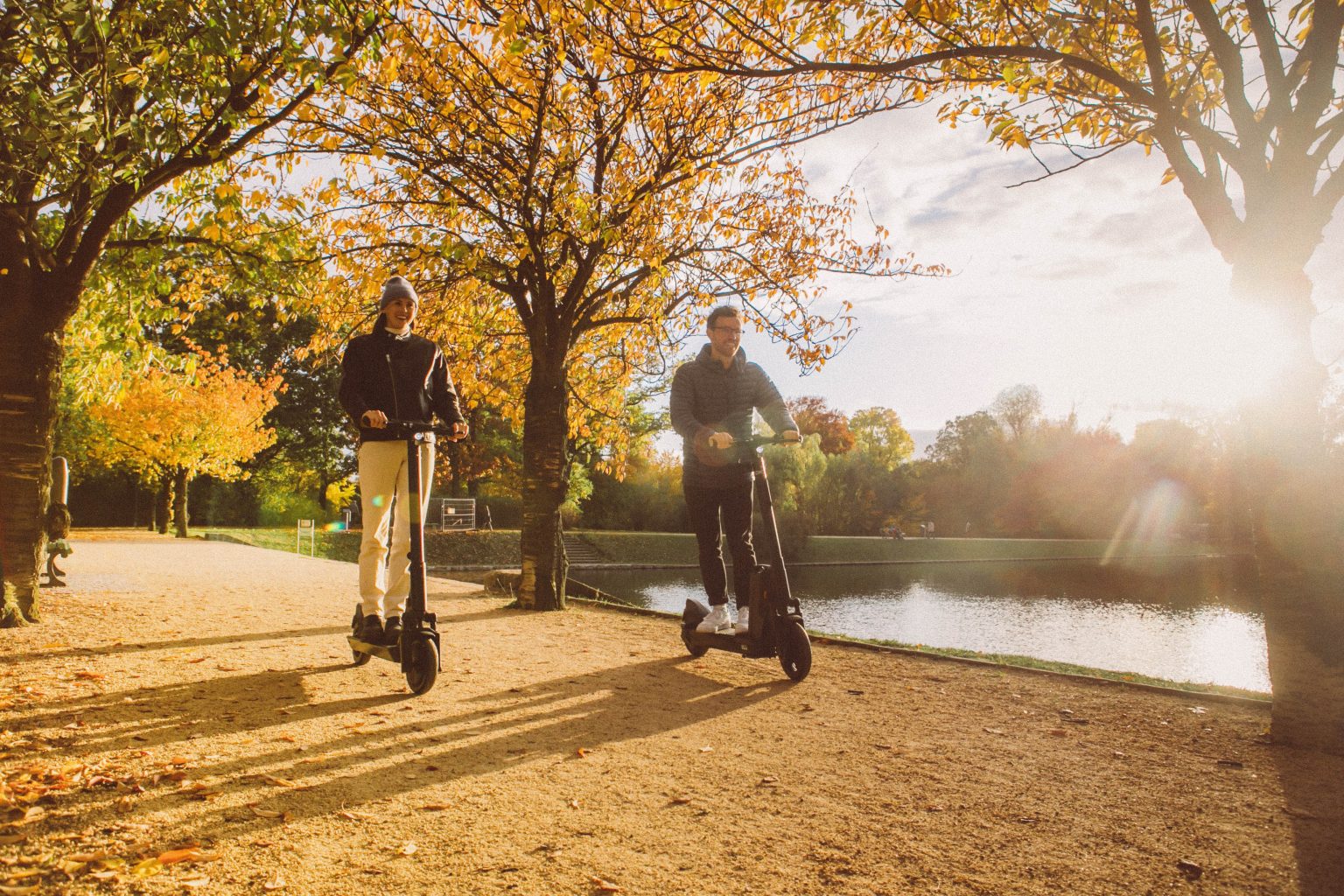The post-covid commute could look very different

It has probably been a few months since your regular commute felt, well, regular. Ever since the nation was collectively sent home to work from their kitchen tables and (if you were lucky) back bedrooms, the daily trip into the office has begun to feel somewhat of a distant memory.

If, and when, the daily commute to the office becomes part of our routines once again, micromobility’s rise is driving fundamental shifts that are set to change the way we choose to make those journeys forever.
During the first lockdown, we saw a massive surge in interest towards cycling. Crowds flocked to their nearest bike shop to purchase a new daily, or with the government’s £50 voucher scheme, get their old beater knocked back into shape. So strong was this wave, that many bike brands and associated retailers have begun reporting record financials for the year to date.
Cycling retailer, Halfords announced a 59.1 per cent increase in like-for-like cycling revenues, 230 per cent year-on-year sales increase for electric bikes and scooters and a 6.3 per cent increase in service sales. The Accell Group, owners of historic Nottingham cycle brand, Raleigh, also announced this week that it is making a revision to its profit forecast, following a 38 per cent increase in sales over the past few months.
Not only has the uptake in cycling rocketed, but new forms of mobility have begun to spring up in our cities. These emergent forms of micromobility are being helped along by a demand for transport options that retain the perceived safety benefits of private vehicle ownership, without placing additional strain on the environment.
Where the UK was trailing behind its European neighbours, we have begun to see the introduction of escooters on our streets, as shared fleet operators begin to move in. In Nottingham, this has meant the arrival of bright little scooters from Spanish operator, Wind. Their arrival signals a change in the tide for personal mobility in our cities, as we begin to move away from traditionally car-centric modes of transport.
So what does this mean for us all? Well, when the time comes to return to normality, whatever that word now means, we expect to see our cities changed for good. With urbanising populations causing worsening congestion and climate pressures forcing us out of our cars, covid’s ‘hard reset’ is expected to expedite our shift to new modes of transport.
With lingering fears of safety associated with using public transit, we expect that more and more people will begin zipping around on scooters, ebikes, and other forms of micromobility to make their way from A-to-B in healthier, cleaner ways.
For brands, this offers an opportunity to embrace the shift. Whether through incentivising schemes that make travelling by scooter or bike easier for colleagues and customers, or pivoting business models to better service these new behaviours.
It’s safe to say, we will be keeping a keen eye on how this trend affects customer and brand behaviour over the coming year.